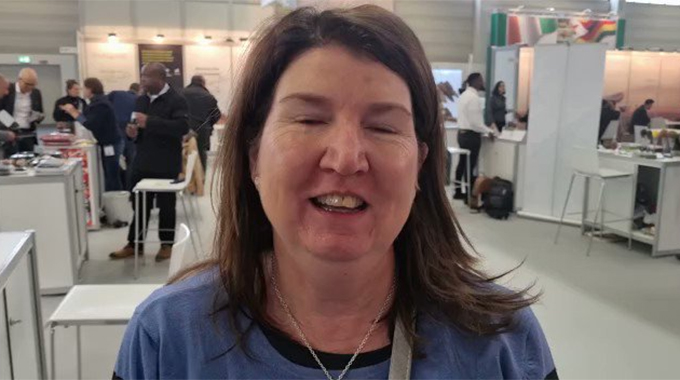‘Plantation crops require patient capital’

Agriculture Specialist Writer
THE Horticultural Development Council (HDC) has called upon banks to be innovative and come up with patient and low interest rate capital for perennial plantation crops such as citrus and coffee.
The call was made during a recent seminar for funders and farmers with the HDC presenting a framework for an inclusive funding model for plantation crops, which requires patient capital and low interest rates.
“The business cycle of citrus and coffee is three to five years before first reaping. Return on investment in citrus only begins after seven years. We are calling on commercial banks to partner with us in coming up with innovative solutions to bridge the funding gap between initial crop outlays and first income,” said HDC chief executive officer Mrs Linda Nielsen.
Currently, most financial institutions are not offering agricultural loans to farmers who do not have collateral (unbankable farmers).
Mrs Nielsen said unbankable farmers and disadvantaged groups such as women and youths needed new funding models for them to partake in horticulture export development.
“This will go a long way in attracting further investment into the horticulture export revolving fund (HERF) to reach a greater number of producers and spur growth of emerging export producers. The HDC will continue working with stakeholders as we believe that with the right funding model and policies to support it, this industry could see exponential growth,” continued Mrs Nielsen.
With patient capital, the investor is willing to make a financial investment in a business without expecting a quick profit. Instead, the investor is willing to forgo an immediate return in anticipation of more substantial returns in the future. This then requires a lender who is aware of the cash flow dynamics.
Bankers Association of Zimbabwe (BAZ) could not proffer solutions on the matter saying they did not offer loans and requested this writer to inquire from individual banks.
Citrus is a good and long-term investment with high return value. It is however one of the most technically demanding and is probably one of the crops that has the highest pest pressures requiring a high level of research, constant up dating on new pest and chemicals pressures to lower maximum residue levels (MRL) in Africa.
In the first three years of development citrus requires heavy financial investments in land use activities such as irrigation, spraying, fertilisation, labour, fuel and maintenance. No income will be received during these first three years with a small income coming in the fourth year when fruit pickings start.
Income realised from the fourth to the seventh year will allow the project to recoup its production costs. This therefore requires lenders who are cognisant of this.
Citrus in Southern Africa is supported by one of the top research institutions in the world — Citrus Research International (CRI). CRI is financed by the growers in Mozambique, Swaziland, South Africa and Zimbabwe who pay a yearly 15 kilogramme carton levy to the Citrus Growers Association (CGA) of Southern Africa, which then commits about 80 percent of this money into research.
The levy ensures that citrus industry produces high quality sort after product preferred by customers all over the world.
The signing of the Zimbabwe-China citrus trade protocol paved way for the country’s products to debut on the Chinese market and diversify from being Euro-centric. It has also renewed the drive for citrus expansion in the country.








Comments